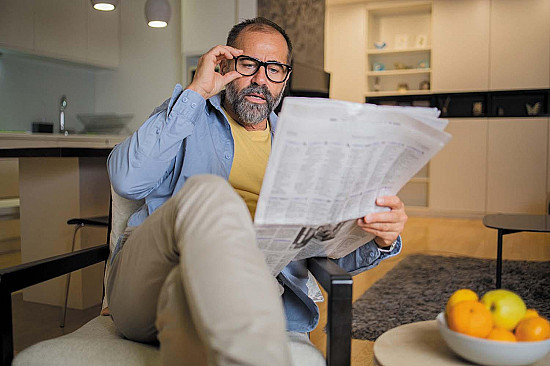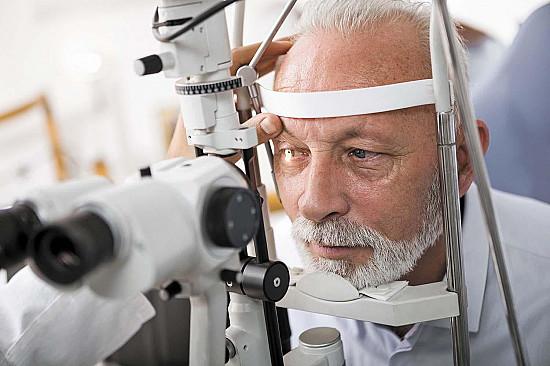Try this: Soothe those dry eyes
- Reviewed by Howard E. LeWine, MD, Chief Medical Editor, Harvard Health Publishing; Editorial Advisory Board Member, Harvard Health Publishing

If your eyes feel dry and tired, these remedies may offer comfort:
Apply warm compresses. Place a warm washcloth over your closed eyelids for a few minutes.
Use a humidifier. It keeps moisture in the air so it doesn't get too dry.
Take electronic breaks. You don't blink as often when you're looking at a computer or phone screen. Blinking helps restore the tear film on your eyes.
Drink plenty of water. Staying hydrated may help your tear ducts pump out more fluid.
Try artificial tears. These over-the-counter, preservative-free eye drops soothe eyes and can be used several times daily.
If you have trouble applying eye drops, the following devices can help. They address specific problems, such as reducing the anxiety of holding anything close to your eye, providing consistent drops, or keeping the bottle steady during application. You can find them online and at most drugstores.
AutoDrop. The AutoDrop's design helps hold your eye open and prevents you from blinking while administering drops.
AutoSqueeze. This clips on to the bottle to aid in squeezing out drops.
GentleDrop. This device rests on the bridge of your nose and positions the bottle nozzle directly above your eye to help with stability and aim.
Nanodropper. This bottle adapter tip reduces the volume of drops to an amount the eye can easily absorb, so the liquid doesn't flood your eye.
Image: © elenaleonova/Getty Images
About the Author

Matthew Solan, Executive Editor, Harvard Men's Health Watch
About the Reviewer

Howard E. LeWine, MD, Chief Medical Editor, Harvard Health Publishing; Editorial Advisory Board Member, Harvard Health Publishing
Disclaimer:
As a service to our readers, Harvard Health Publishing provides access to our library of archived content. Please note the date of last review or update on all articles.
No content on this site, regardless of date, should ever be used as a substitute for direct medical advice from your doctor or other qualified clinician.
















